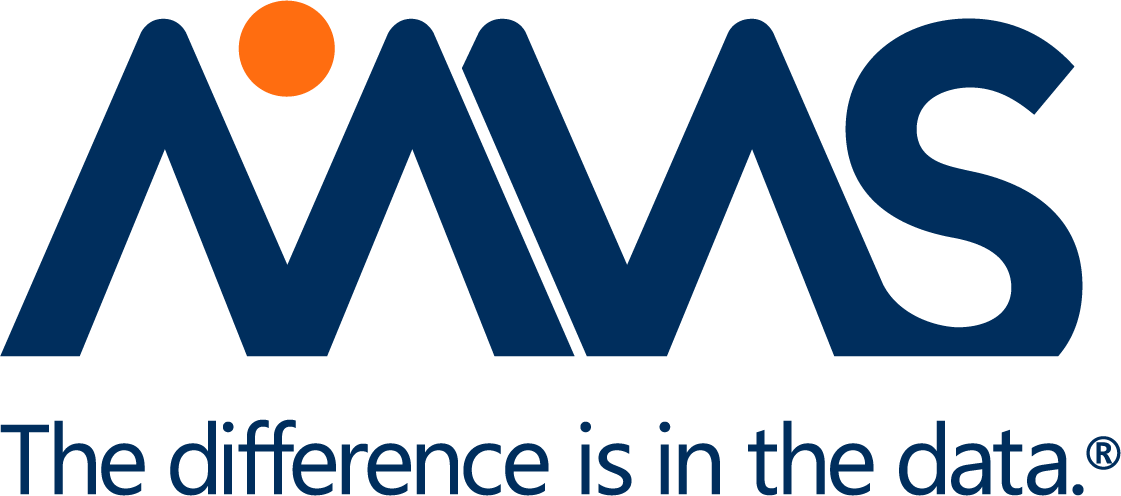Rare Disease Research in the US, Part 2
What You Will Learn
The Orphan Drug Act (ODA) defines a rare disease as a disease or condition that affects less than 200,000 people in the United States. Within this range we see conditions like sickle cell disease with a prevalence of over 100,000, down to rare genetic diseases that may occur in a handful of patients. As approaches to clinical development are constrained by issues of enrollment and statistical powering, the categories defined by prevalence distribution (rare, ultra-rare and uber-rare) require differing approaches within the framework of identical statutory standards for safety and efficacy. At the level of the ultra and uber-rare conditions that make up the majority of rare disease, there is an unmet need not only for treatments but also for the tools to evaluate whether a given treatment works.
This webinar will focus on challenges and areas of flexibility within the application of the statutory standards as they apply to rare diseases. Particular attention will be paid not only to the laws and guidelines that specifically relate to orphan drugs but also how the general regulatory standards that govern safety and efficacy are uniquely applied to rare diseases at different levels of prevalence.
Attendees will learn about:
- Core challenges – knowledge of the disease, clinical trial design and enrollment and others
- The legal framework and guidance relevant to rare disease research with case studies focusing on the role of innovative clinical trial design, Expanded Access data, and the natural history studies in recent approvals
- Strategies specific to ultra- and uber-rare diseases
Watch the Recording
Our Experts

Amanda Beaster
Associate Director, Regulatory Strategy
 Ben Kaspar
Ben KasparSenior Director, Regulatory Affairs and Strategic Consulting

Uma Sharma
CEO, Corporate Leadership
Get in touch
